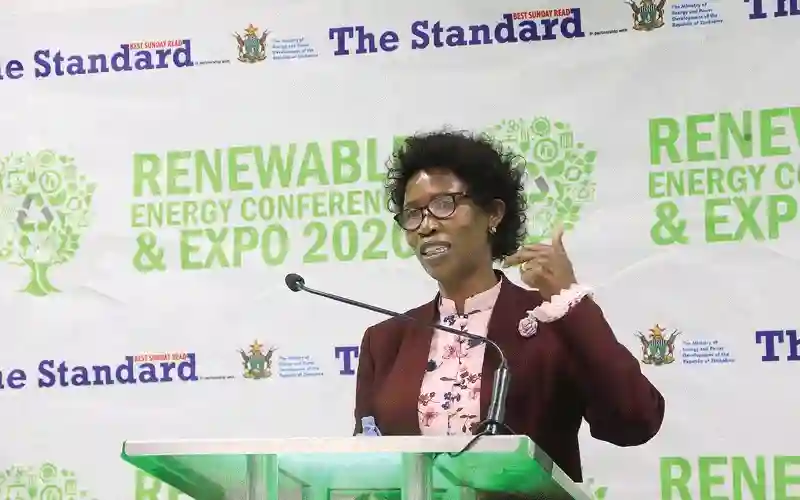A power blackout spoiled the first day of the Zimbabwe International Trade Fair (ZITF) in Bulawayo, forcing some exhibitors to turn to generators, reported NewsDay.
The secretary for the Energy and Power Development Ministry, Gloria Magombo, said that climate change has had adverse effects on the country’s electricity generation capacity.
Speaking at a Township Economies and Rural Entrepreneurship forum organised by DEAT Capital at the ZITF on Tuesday, Magombo said:
We lost about 600MW in Kariba because of climate change. Climate change is real. It is affecting us and it has brought us back to a very constrained point of supply and for that, we need to work together not just as government, but also with the private sector in terms of addressing the supply of electricity.
She pleaded with citizens to adopt renewable sources of energy such as solar so that they could sell excess power to the country’s power utility, ZESA. Said Magombo:
Given the challenges that we have, you are better off independent and once we have a good system you can then sell the excess power to ZESA (Holdings).
We want everyone to be an independent power producer (IPP) using their rooftops.
As a government, we continue to look at how we can capacitate communities, especially with renewable technologies.
As a way of climate-proofing some of the programmes that we have in our rural communities, we want to work with universities to ensure the uptake and reduction in the cost of solar food dryers.
In March this year, the Zambezi River Authority (ZRA) reduced electricity generation for Kariba Power Station to 214 megawatts (MW) against its installed capacity of 1 050 due to low water levels.
On Wednesday, 24 April, the country was generating a total of 1 117MW; from Hwange (779MW), from Kariba (300MW) and 43 MW from IPPs.
More: Pindula News

